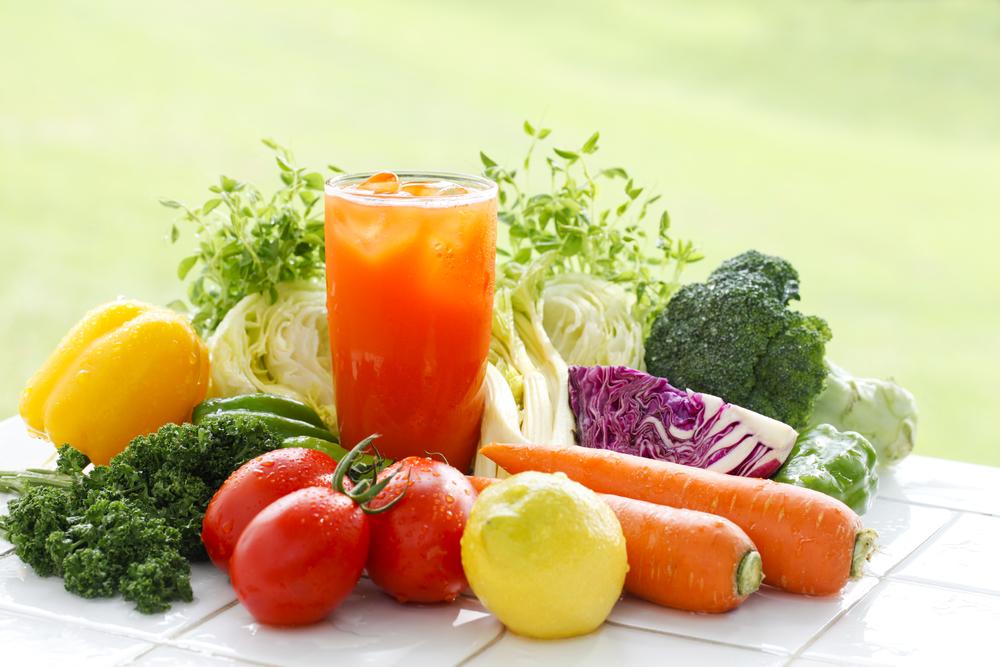
Dietary Changes for Gout
Gout is a type of arthritis that results in serious ache, redness, inflammation, tenderness, and swelling of the joints. Over 8.3 million individuals in the country are affected by gout. In this condition, excess uric acid levels in the body result in its accumulation, which forms crystals and deposit in the joints, causing severe discomfort and pain.
Medicines aid in minimizing the levels of uric acid and in alleviating the symptoms, but a diet suitable for gout will aid in the prevention of high levels of uric acid levels and gout attacks.
1. Gout and diet
Certain food types are known to trigger gout. Purines in plant and animal foods are substances that are broken down by the body into uric acid, spiking its levels in the blood. For a healthy person, this uric acid is eliminated efficiently through urine, but gout patients find it difficult to eliminate excess uric acid from the body, which leads to its accumulation. This excess uric acid crystallizes and gets deposited in the joints, leading to severe pain, especially at night.
2. Food to eat
The primary objective of gout patients would be to develop lifelong healthy dietary habits. A diet suitable for gout incorporates all the food groups and aids in minimizing uric acid levels. These diets are also appropriate for a healthy heart as heart diseases are a complication of gout.
The food groups include the following:
- Vegetables like spinach, asparagus, mushrooms, and cauliflower
- All fruits are usually good for gout, but cherries can aid in avoiding gout attacks by minimizing inflammation and lowering uric acid levels
- Low-fat dairy products like cottage cheese and yogurt
- Whole grains like brown rice, oats, and barley
- Eggs
- All nuts and seeds
- Lean meat like chicken on a daily basis
- Low-fructose fruits like strawberries and cherries
- Vegetable oils like olive, sunflower, flaxseeds, and canola oils
- Vitamin C or its supplements – between 500 and 1,000 milligrams per day
- Coffee, green tea, and tea
- Legumes like lentils, soybeans, beans, and tofu
- All herbs and spices
A low-purine and a healthy diet for gout aids in minimizing uric acid levels in the body. Research indicates that high-purine veggies do not trigger a gout attack, but some low-purine foods that are rich in fructose can cause gout.
3. Foods to be eaten in moderation or avoided
Chicken, pork, beef, and lamb and some varieties of fish can be eaten in moderation. Limit them to 4-6 ounces per week, and avoid organ meat. Canned or fresh salmon can be eaten moderately as it is low in purine.
A diet for gout is void of the following foods:
- Alcohol, even in cooking, and beer
- Highly saturated food such as red meat/organ meat like kidney or liver
- Seafood like lobster, sardines, shrimp, tuna, trout, anchovies, mackerel, and haddock
- Fructose-rich sugary drinks and foods
- Refined carbohydrates
- Processed foods
Following the right diet and making certain lifestyle changes like ensuring hydration and exercise, taking vitamin C supplements, and maintaining a healthy weight can ensure a healthy life.


